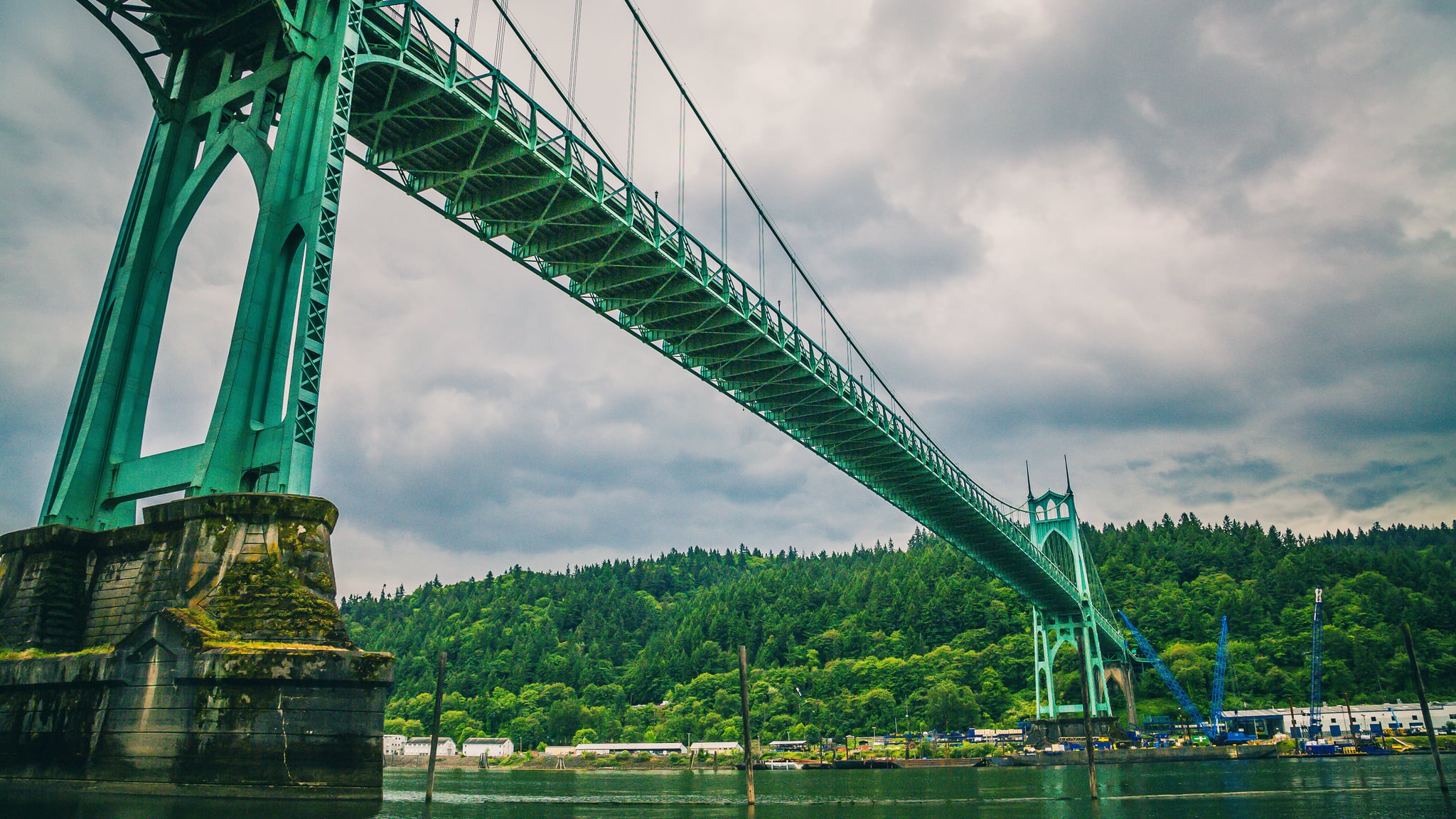Portland may be able move forward with restricting fossil-fuels terminals after the Oregon Court of Appeals reversed key parts of the Land Use Board of Appeals decision from July.
Under former Mayor Charlie Hales, Portland City Council in December 2015 passed restrictions that prohibit the expansion of fossil fuel infrastructure used to store or transport in excess of 2 million gallons of fuel.
The Portland Business Alliance challenged those restrictions at the Land Use Board of Appeals—and won. The city appealed the LUBA decision last year.
The decision was hailed by environmental activists who championed the zoning as part of the fight against climate change.
"As we feel the effects of climate change, from forest fires to ice storms, the City of Portland and its grassroots climate activists are leading the way on solutions," says Mia Reback, lead organizer for 350PDX, in a statement. "Today's decision allows Portland to continue its internationally recognized work to stop fossil fuels, reduce greenhouse gases, and ensure a justice based transition to 100% renewable energy."
The court ruled that Portland had not violated the commerce clause of the U.S. Constitution in passing the restriction, but had technical violations of land use policy.
Environmental advocates believe the city can address those technicalities and proceed with the restrictions that limits the size of any future fossil-fuel infrastructure.
PBA President and CEO Sandra McDonough called for City Council to make changes to the zoning while making those technical fixes.
"This presents an opportunity to bring parties back to the table to revisit elements of the ordinance which, as originally adopted, significantly impact fuel access and affordability not only for residents and businesses in the city of Portland but also those throughout the state of Oregon and Southwest Washington," she says. "We hope the mayor and other city leaders will take advantage of this opportunity."

